|
It’s been an intensive week of exploration of... Innovative teaching methods! During our first week of August, we hosted 15 educators from all over Europe! Aušra, Vaida and Jūratė from Marijampolės Sūduvos gymnasium (Lithuania), Dorota and Tomasz from Powiatowy Zespół Szkół Nr 1 Im. Króla Jana Iii Sobieskiego (Poland), Tamara from Inicijativa - Centar za edukaciju (Croatia), Kristīne from Riga Centre language school (Latvia), Francisco Miguel from CDP San Bartolomé (Spain), Maria-Gabriela and Violeta from Association Exe - Expertize for a knowledge based society (Romania), Anja from Zavod sv. Stanislava (Slovenia), Svetlana, Anna, Ēriks and Marina from Liepaja Liedaga secondary school (Latvia). The four main topics discussed during the week were the following: PROJECT BASED LEARNING – An introduction to this very recent, innovative and effective teaching approach in which students proceed in the discovery and acquisition of the knowledge by inquiring, investigating and conducting research about a given problem. The positive aspect highlighted by participants about this approach was the fact that by investigating a real world problem, students are able to develop a high level of connection with the topic discussed, and consequently with the learning process. Learning is not perceived as a “duty”, but rather a mean to discover more about the reality around them. ICT TOOLS – After more than a year of global pandemic which forced many of us to go through a phase of online teaching, we have realised how crucial ICT tools can be in our teaching approach. Getting back in the classes shouldn’t mean that we put all the acquired ICT knowledge behind: it should transition with us, inside our classes, in support of our students. Amongst the tools practiced, we tested Socrative, an app for administering test in a more engaging and efficient way; Mentimeter, a website to create presentation which encourage audience interaction; Quizlet, the perfect tool to study new concepts using digital flashcards sets and strengthening group sprit; and EdPuzzle, the answer to your wandering in case you are looking for a video-lesson creation tool. NON FORMAL EDUCATION – The power of the Non Formal Education approach has been already proven in length and breadth. In this session, we focused on how to bring the Non Formal approach into the formal education system, and tested some of the tools which can be useful in class with our students, to make our lessons more engaging and effective. OUTDOOR EDUCATION – Following the trail opened by Non Formal Education, we then explored the basic concepts of Outdoor Education and applied the approach in an urban setting. We explored Bologna city centre by taking pictures, pay attention to details around us, describing monuments, reading about fun facts and curiosities, counting natural elements, answering to quizzes, interacting with local people, interpreting Roman writings and overall, learning about the people and the places that make Bologna what it is. Precisely the Outdoor Education mindset! 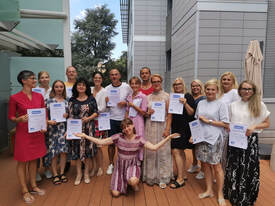 By Friday, team spirit was so high that it was difficult to say goodbye. On the other hand, each person in the group was very eager to go back and start applying all the many ideas that emerged during the course. Another great week of inspiration was over, but only to be continued back in Lithuania, Latvia, Romania, Spain, Croatia, Slovenia and Poland! Want to hear the experience from the point of view of one of our participants? No problem! Have a look at the article Tamara wrote about her week in Bologna :) |
Welcome to the ELA Blog. Here you will find articles and photos of our courses and have a look at the topics addressed during the week in Bologna, Palermo and Tenerife. You will also have the chance to take a peek at our projects and check out what we have been up to.
Archives
July 2024
Categories |
-
Course catalogue
- 2023-2024 course catalogue
- Soft Skills >
- ICT and New Technologies >
- Inclusion and Diversity >
-
Innovative Teaching Methods
>
- Innovative teaching methods discovery
- Non-formal education teaching methods
- Dual education and work-based learning
- Teaching leadership and entrepreneurship
- Project based learning
- Game based learning and gamification
- Green skills
- Outdoor education
- Outdoor education trekking edition
- Promoting creativity and critical thinking
- Languages and EU projects >
- Preschool >
- Erasmus Plus KA1
- What we do
- About us
- Locations
- Blog
- Contact us
 English
English български
български Čeština
Čeština Español
Español Français
Français ελληνικά
ελληνικά Italiano
Italiano Polski
Polski Português
Português Română
Română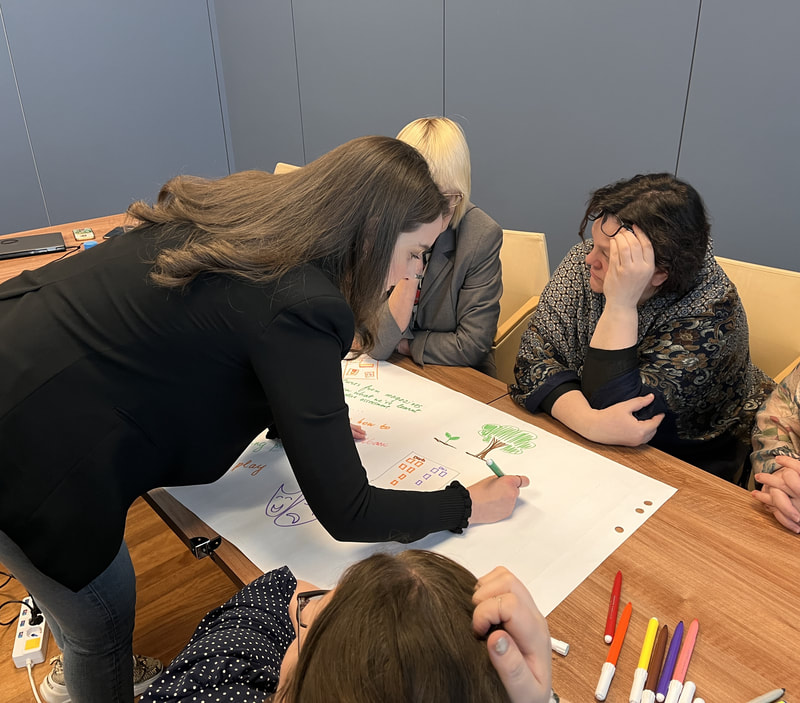
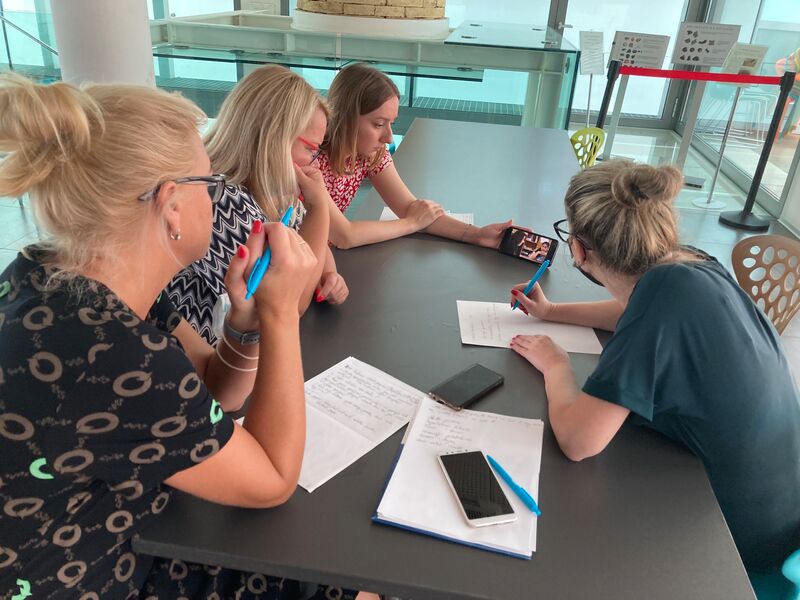
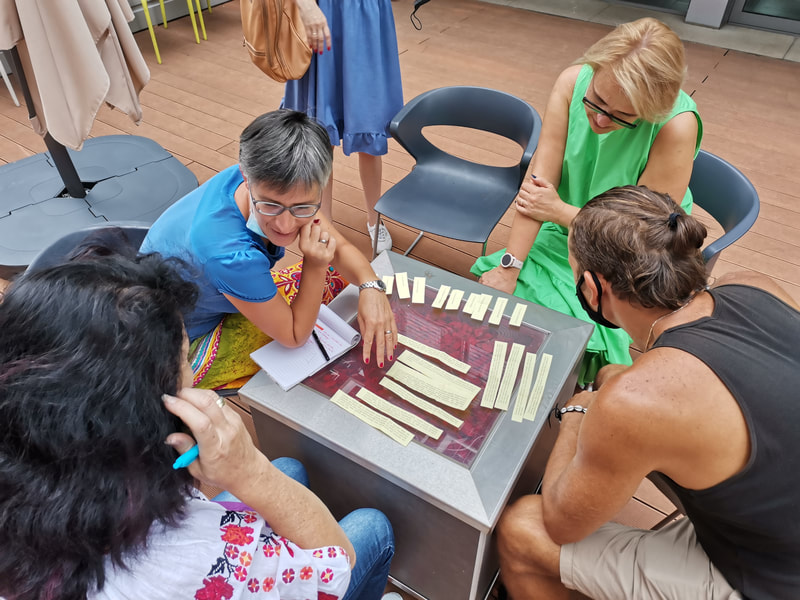
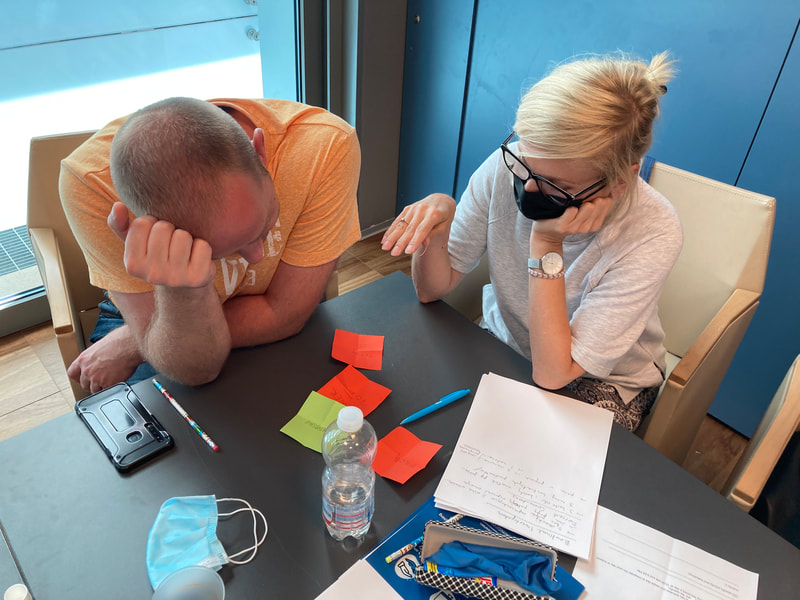
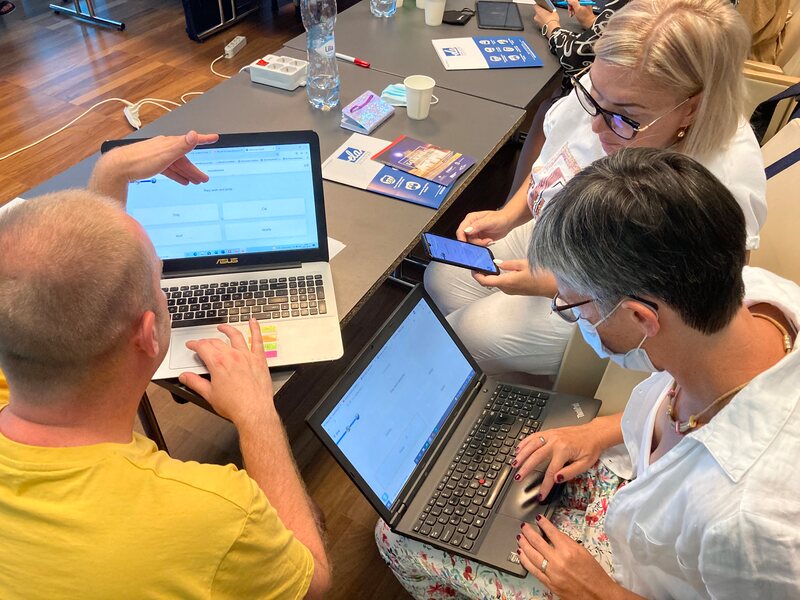
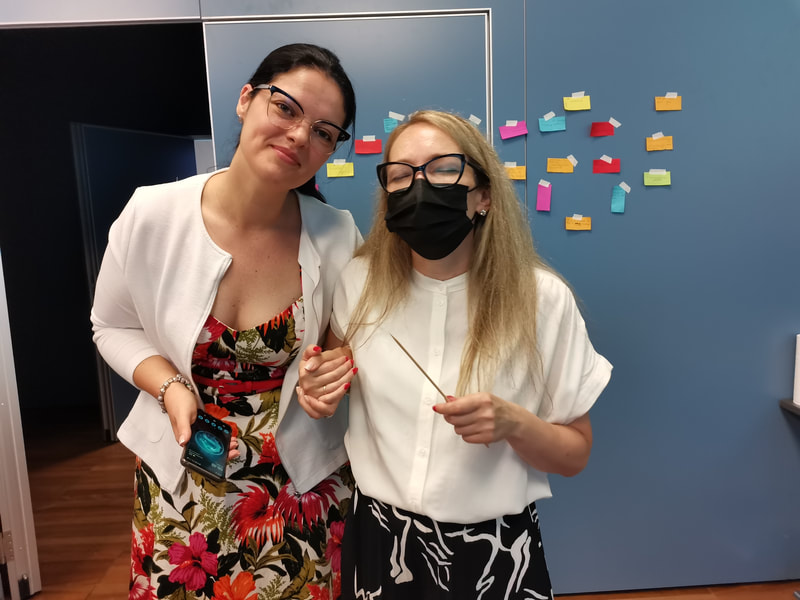
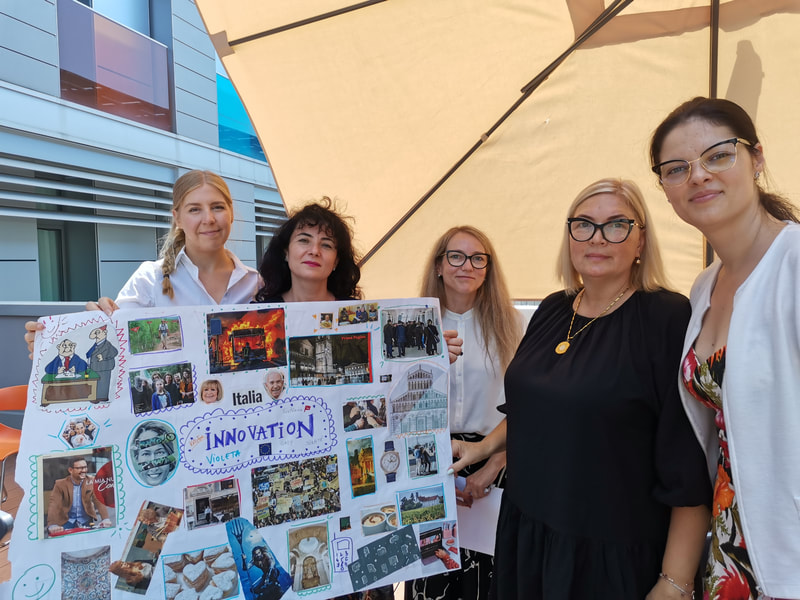
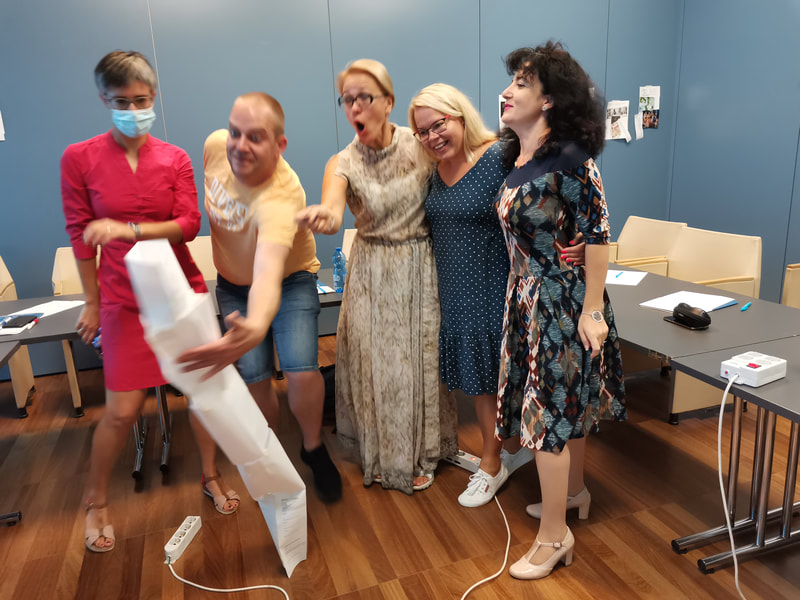
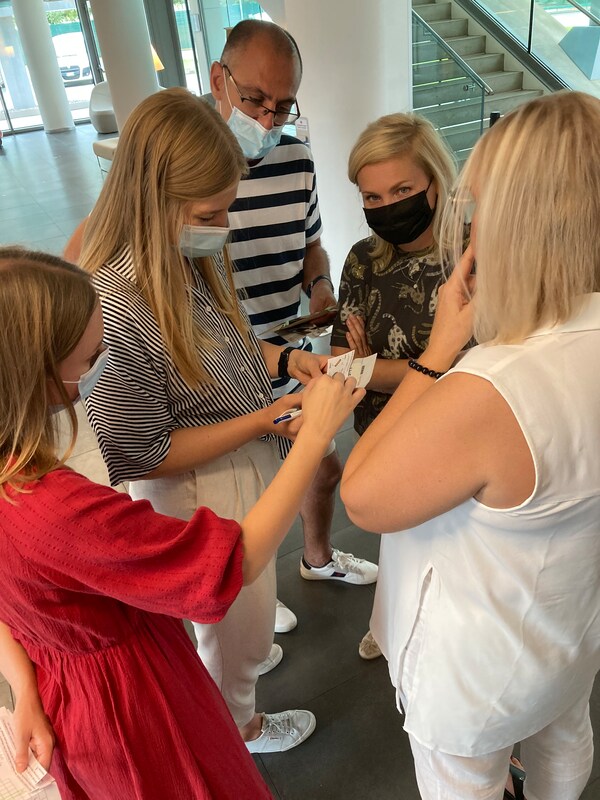
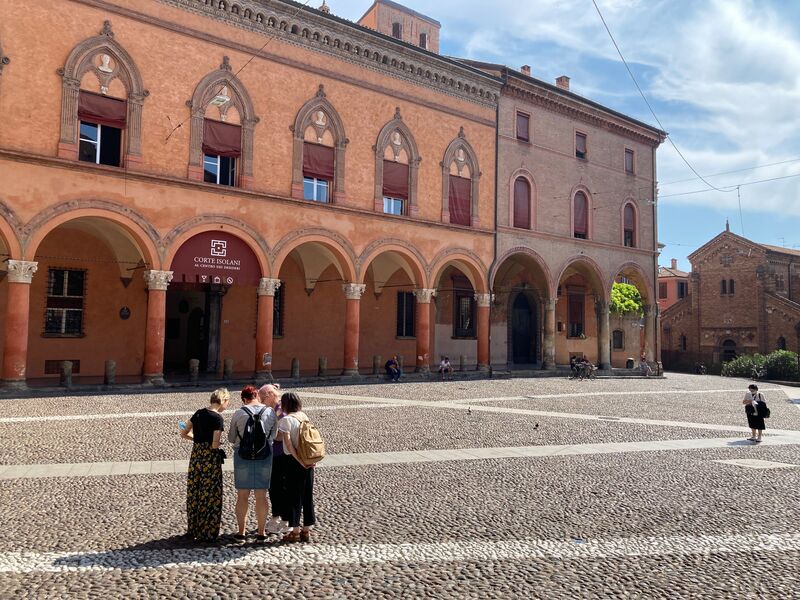
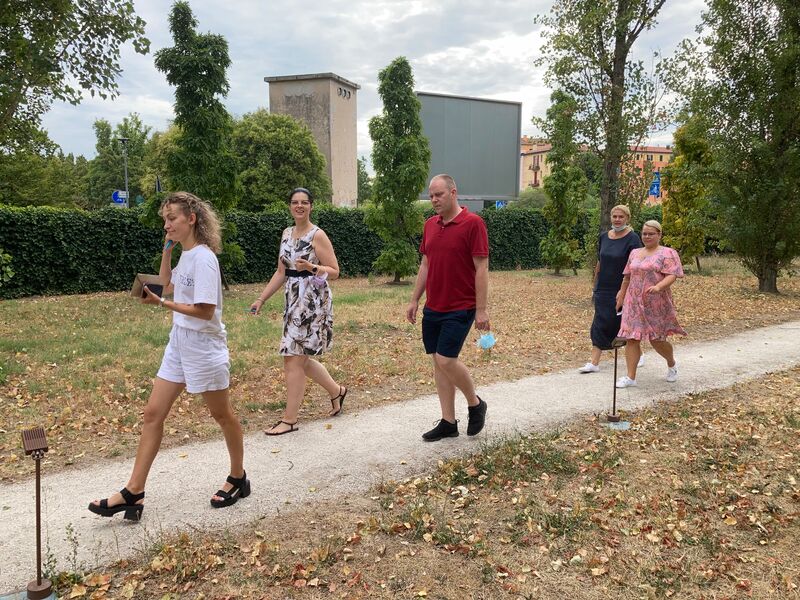
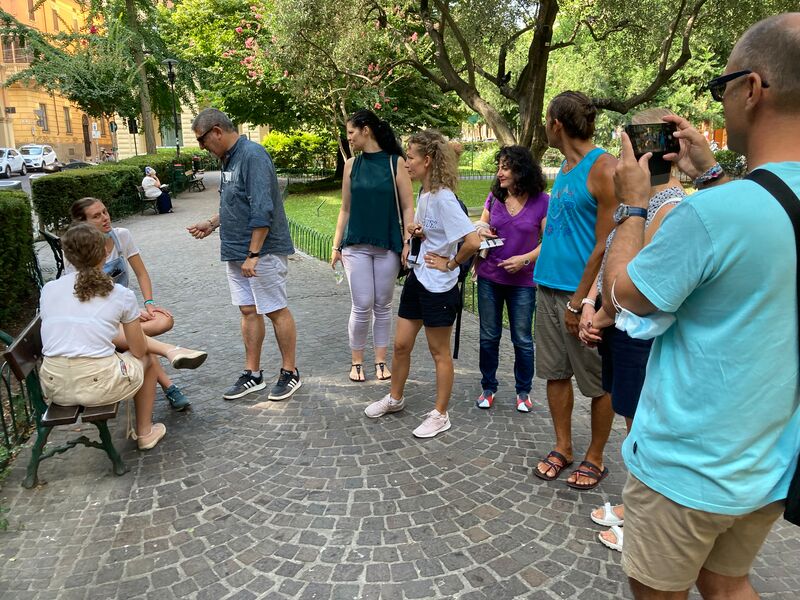
 RSS Feed
RSS Feed









